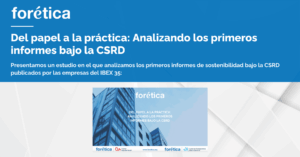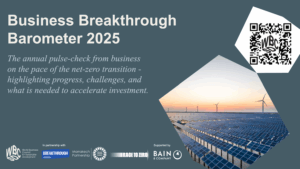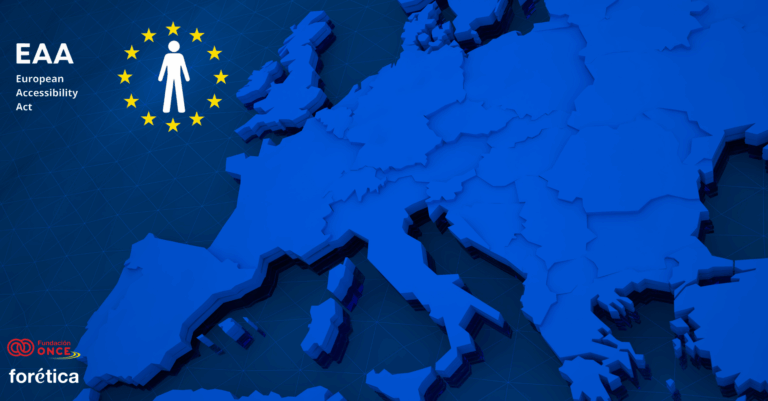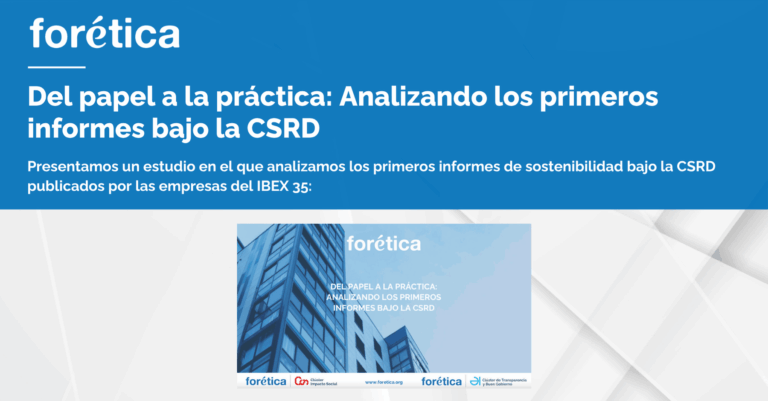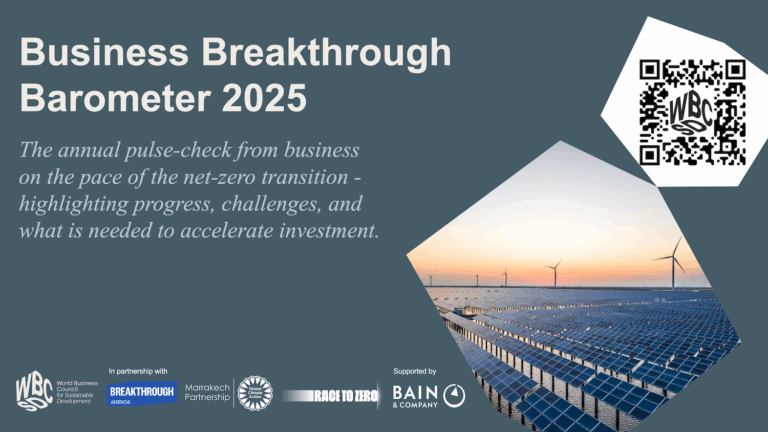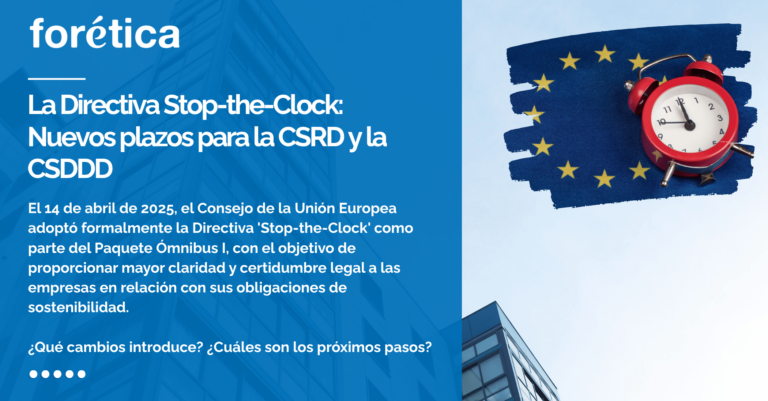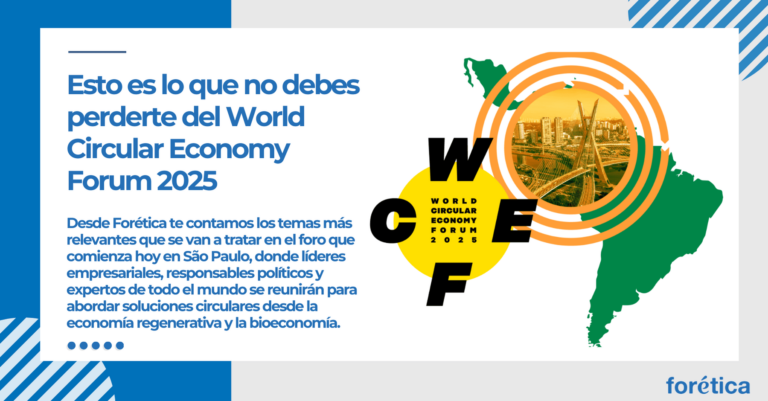Hace ya varias décadas que los entornos urbanos, las ciudades, aparecen como uno de los conceptos clave cuando hablamos de la agenda internacional en materia de sostenibilidad.
Y no es de extrañar la relevancia que las ciudades están tomando como agentes fundamentales en la gestión de los retos asociados a los aspectos sociales, ambientales, económicos o de buen gobierno de nuestras sociedades. La mitad de la humanidad a día de hoy -3.500 millones de personas- viven en ellas, y los datos de crecimiento de la población urbana que se manejan a nivel global sorprenden. Naciones Unidas indica que casi el 70% de la población mundial para el año 2050 será urbana, con una previsión de crecimiento exponencial que no parece que vaya a disminuir.
En este sentido, las ciudades, precisamente como resultado de estos cambios a nivel demográfico, son el centro de importantes desafíos para la sostenibilidad en nuestro planeta. Estas ejercen presión con motivo de la propia expansión urbana, el consumo de recursos naturales y energía o los nuevos estilos de vida, pasando por la gestión de los residuos o el cambio climático, entre otros muchos aspectos.
Las urbes son, sin lugar a dudas, importantes ruedas del gran engranaje que significa la sostenibilidad, y tienen un papel esencial en lograr la consecución de los objetivos de la Agenda 2030. Es por ello que Naciones Unidas escogió a las ciudades como uno de los Objetivos de Desarrollo Sostenible. El Objetivo 11, “lograr que las ciudades y los asentamientos humanos sean inclusivos, seguros, resilientes y sostenibles” sienta las bases para conseguir el cumplimiento de muchos otros propósitos globales en materia de sostenibilidad. No hablamos solo de metas ambientales, sino que su vinculación con la consecución de objetivos sociales o de desarrollo humano, como la igualdad, la erradicación de la pobreza o la reducción de las desigualdades, entre otros desafíos mundiales es, si cabe, más evidente. Al fin y al cabo, no debemos olvidar que las zonas urbanas aportan el 70% del producto interior bruto mundial.
Más allá de los ODS, Naciones Unidas estableció a finales de 2016 la Nueva Agenda Urbana en Habitat III, la conferencia mundial en materia de urbanización sostenible. Este documento pretende ser la guía para los Estados en lo que se refiere a hacer de las ciudades unos entornos más amigables, sostenibles, seguros, resilientes, inclusivos, compactos y saludables. En ella se reconocen nuevamente los desafíos globales y cómo las ciudades pueden y deben contribuir a hacerles frente.
Por otro lado, el reconocimiento tanto del esfuerzo realizado como del potencial de las acciones a realizar por parte de las ciudades, además de por otros agentes, es uno de los resultados clave del Acuerdo de París. Se estima que, en 2030, el 75% del consumo energético y cerca del 75% de las emisiones de gases de efecto invernadero a nivel mundial tendrán su origen en los núcleos urbanos, por lo que es lógico que en el Acuerdo se reconozca su importante papel para lograr alcanzar los objetivos establecidos de emisiones.
Pero, ¿a qué nos referimos cuándo hablamos de ciudades sostenibles? El World Business Council for Sustainable Development (WBCSD), del que Forética es su representante en España, define a una ciudad sostenible de una manera muy sencilla. Hablar de ciudades sostenibles es hablar de ciudades resilientes, capaces de adaptarse a los cambios económicos, sociales o ambientales, pero manteniendo una calidad de vida decente para sus habitantes. También implica que la planificación y el desarrollo de la ciudad ocurran teniendo en cuenta esos criterios, permitiendo que los habitantes puedan mantener un estilo de vida sostenible.
Sin duda, nunca ha sido tan importante como ahora contar con un modelo de ciudad que tenga en cuenta esta nueva aproximación. Un modelo de ciudad más compacta, en la que los desplazamientos sean menores y sea más fácil de abastecer. Una ciudad que luche contra el cambio climático, realizando una transición hacia modelos de transporte más eficientes, más seguros y que opten por la reducción del uso de vehículos motorizados. Hacer de las ciudades núcleos saludables, con mayor acceso a zonas verdes y espacios públicos, favoreciendo la salud física y psicológica de sus habitantes y acercando la naturaleza a las ciudades. Gracias a estas y muchas otras acciones, haremos también de las ciudades núcleos más inclusivos e igualitarios, que puedan además contribuir a la educación y al fin de la pobreza.
La colaboración, elemento indispensable para conseguir unas ciudades más sostenibles
Para dar un giro en la manera de planificar y pensar las ciudades, la colaboración y la cooperación internacional entre los gobiernos, el sector privado, la sociedad civil (ONG, universidades) y otros agentes implicados, será indispensable para lograr los objetivos a medio-largo plazo.
Los gobiernos nacionales, y especialmente locales, ya están trabajando desde esta nueva perspectiva de las ciudades, con un foco muy importante en la mitigación y la adaptación a los efectos del cambio climático, la gestión de los residuos o la mejora de la movilidad, entre otras muchas temáticas. Redes como ICLEI (Gobiernos locales por la sostenibilidad), UCLG (la Red Mundial de Ciudades y Gobiernos Locales y Regionales), C40 (el Grupo de Liderazgo Climático de Ciudades) o Compact of Mayors dan buena cuenta del posicionamiento y los avances que muchos ayuntamientos a nivel internacional están ya poniendo en marcha.
El sector empresarial tiene, sin duda, una posición clave en su contribución a unas ciudades más sostenibles. Este tiene la capacidad de implementar acciones que no sólo facilitan la creación de ciudades más sostenibles, sino también el aprovechamiento de oportunidades y de sinergias con los entornos locales. Desde la consideración de su impacto social y ambiental en el entorno de sus operaciones, la mejora en la eficiencia de sus procesos, la utilización de la tecnología como herramienta que facilite la creación de ciudades inteligentes o, incluso, favorecer el clima laboral entre sus trabajadores, fomentando hábitos de vida saludable o medidas de conciliación con múltiples beneficios.
Es por ello que tanto las iniciativas empresariales como las alianzas público-privadas son esenciales para lograr más rápido y con mejores resultados los objetivos de esta la nueva agenda urbana.
Desde Forética, asociación de empresas y profesionales de la responsabilidad social empresarial, trabajamos desde hace varios años desde esta doble perspectiva. Por un lado, hemos lanzado la Iniciativa Vida Sostenible en Ciudades, en la que contamos con el apoyo de Reale Seguros, la Oficina Española de Cambio Climático y la FEMP, y que busca ejemplos de proyectos colaborativos que empresas, junto con diferentes grupos de interés estén llevando a cabo en España bajo esta temática. Ejemplos de inclusión social en las ciudades, comunicación y sensibilización ciudadana, economía circular o salud son solo algunas líneas de acción en las que se basan los proyectos ya recibidos.
Por otro lado, creamos a finales de 2015, el Clúster de Cambio Climático, un punto de encuentro empresarial en liderazgo, conocimiento, intercambio y diálogo en materia de cambio climático, formado por 51 empresas. Durante este año, y debido a la oportunidad que el concepto de “ciudad sostenible” supone para todo tipo de sectores, se está trabajando alrededor del tema del impacto del cambio climático en las ciudades. El objetivo es conocer las tendencias internacionales en esta materia y facilitar el intercambio de experiencias. Además, queremos dar visibilidad a los proyectos que las empresas están ya llevando a cabo a través de una publicación que presentaremos en el Smart City Expo World Congress en Barcelona en noviembre.
Entre ellos, podemos destacar proyectos vinculados a la mejora de la movilidad de los empleados, como los de Endesa, Correos, Enagás o Aena; de sensibilización y concienciación a sus clientes y toda la sociedad, como los de El Corte Inglés, Leroy Merlin o IKEA; de gestión de la biodiversidad, como los de Solvay o Suez; que consideran la perspectiva de economía circular o de gestión de residuos como los de Nestlé o Ecoembes o los vinculados a la utilización de la tecnología para la optimización de servicios, como los de Indra o Vodafone. Estas son solo algunas de las soluciones que muchas empresas están implementando para dar respuesta a los retos de la sostenibilidad en las ciudades.
Aliarse y colaborar con otros grupos de interés es, con más sentido si cabe en este ámbito concreto, la opción más inteligente para contribuir a la resolución de los retos de la sostenibilidad urbana. El poder del sector privado para provocar el cambio, generar oportunidades de negocio y favorecer la prosperidad sostenible de las ciudades en todo el mundo, es indudable.
“El futuro del planeta nos lo jugamos en las ciudades”, dijo ya hace unos años Nicholas Stern, el autor del célebre informe sobre el impacto del cambio climático en la economía. Tenemos por delante la opción de cambiar el tipo de entorno en el que vamos a vivir en el futuro. La oportunidad de que las ciudades no solo sean lugares más adaptables a los cambios, sino también lugares donde sea más atractivo y sano vivir, donde se cuente con todos los grupos de interés, donde se solucionen muchos de los retos sociales más imperantes a nivel mundial. Aprovechémosla.
Publicado en la revista Ciudad Sostenible (página 21)



